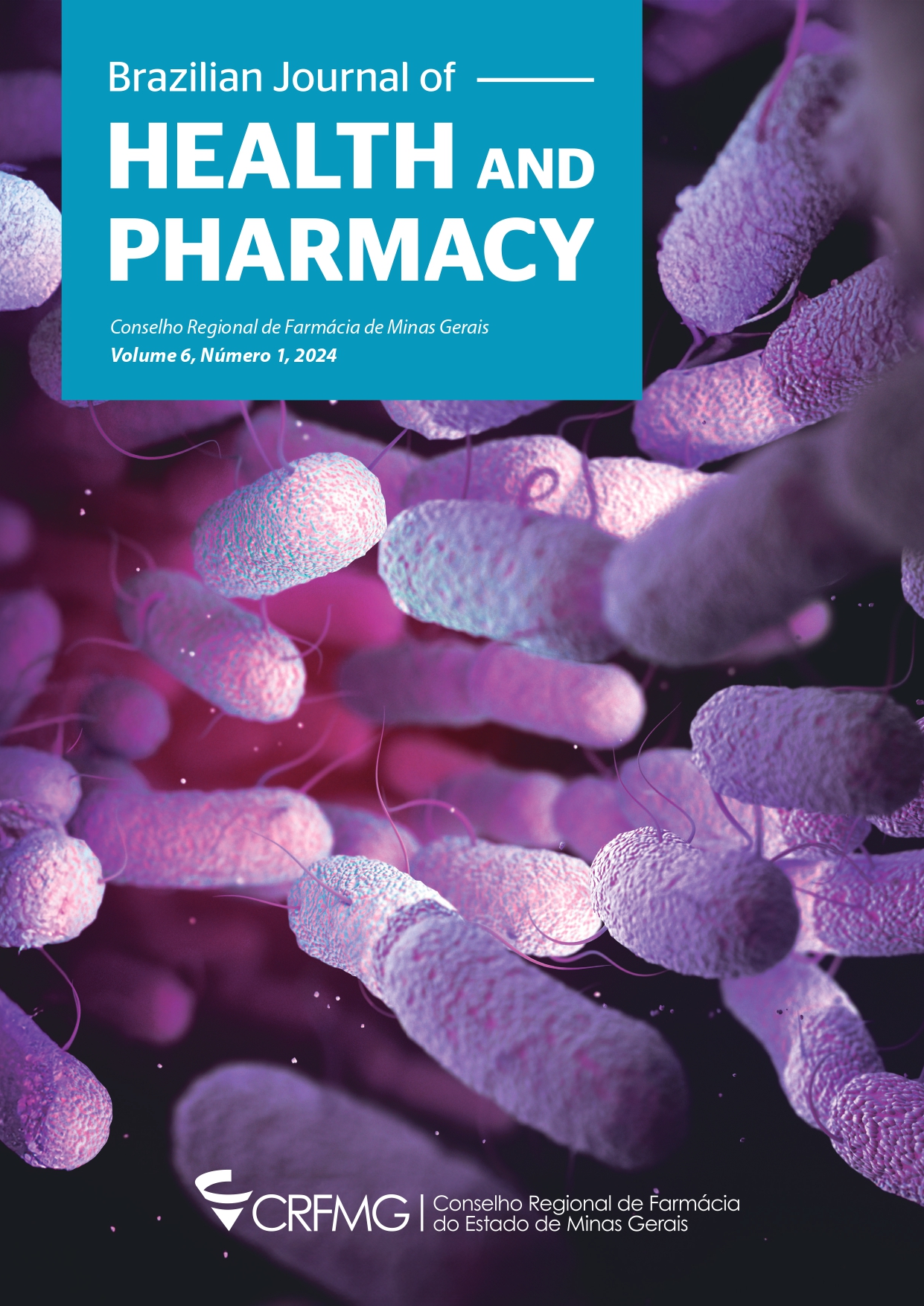Abstract
The development of an anti-cocaine vaccine targets patients who are abstinent, that is, they have already had contact with and are users of the drug. Through the production of anti-cocaine antibodies, these will prevent the substance from reaching the brain, contributing to the treatment of these patients. This study aims to search the literature for evidence on the safety and effectiveness of anti-cocaine vaccines under development. This is a narrative review, in which bibliographic searches were carried out on the platforms: Scientific Electronic Library Online (SciElo), Latin American and Caribbean Literature in Health Sciences (LILACS), Google Scholar and PubMed. The research was conducted using the Health Sciences and Medical Subject Heading (DeCS/MeSH) Descriptors: “vaccine”, “dependency” and “cocaine”, applying the Boolean operator “AND” between the terms. 19 studies were found, 15 pre-clinical studies and 4 studies on human beings of anti-cocaine vaccines. Most animal studies were carried out in the United States (n= 12), followed by Switzerland (n= 1), the United Kingdom (n= 1) and Brazil (n= 1). 60% of the studies were carried out with rats (n= 9), 26.6% with mice (n= 4) and 20% with Rhesus monkeys (n= 3). In studies with human beings, the selected articles were carried out in the United States. The individuals studied were male cocaine addicts or women unable to get pregnant. The age range ranged from 23 to 50 years, with a variation of ± 5 years of age. Anti-cocaine vaccines under development present themselves as a possible alternative for treating addiction. However, more studies are needed, with randomized and multicenter clinical trials, to ensure safety and efficacy.

